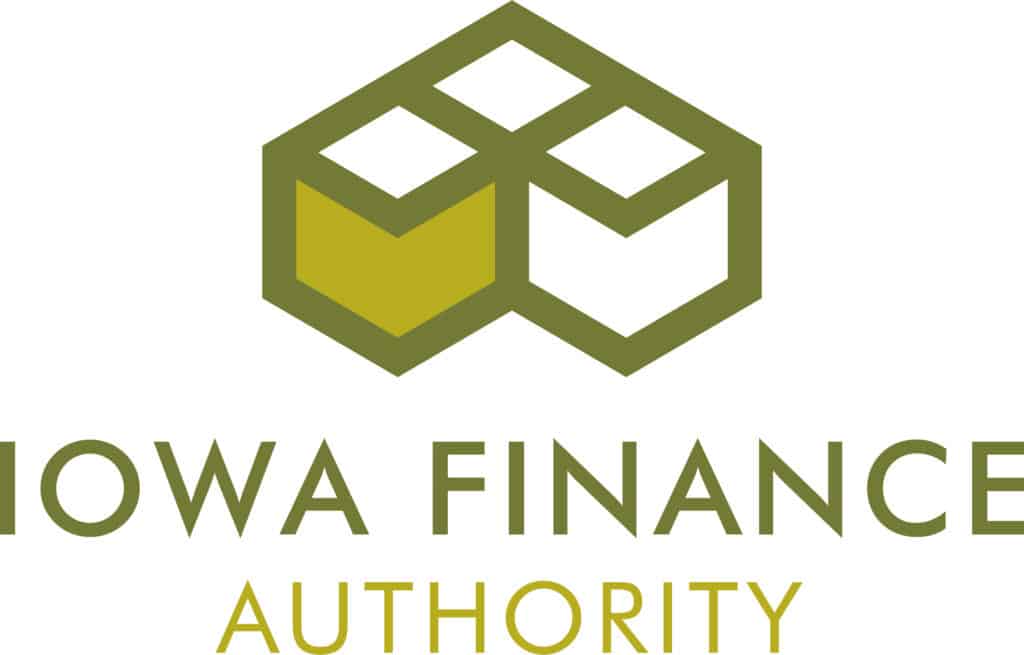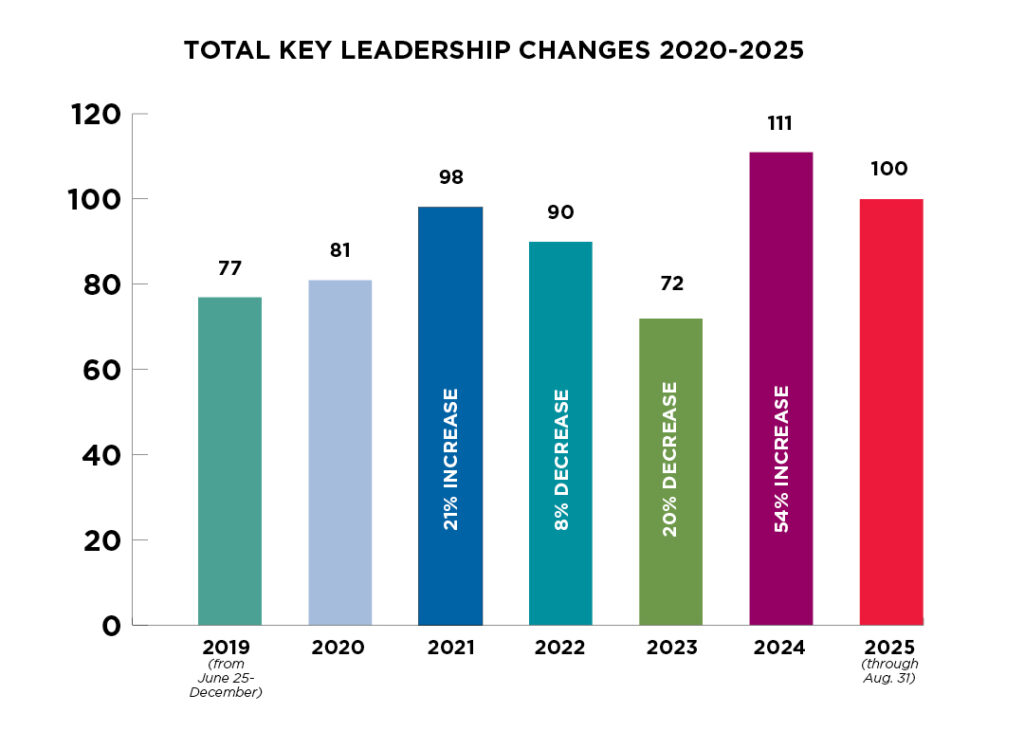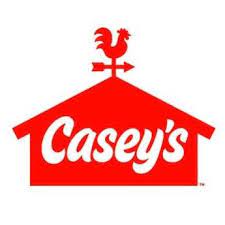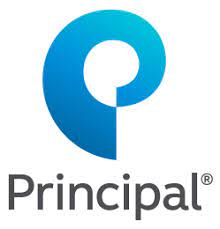Digging into responsible risk
How higher interest rates, slow VC market are currently affecting due diligence, capital access

Sarah Diehn Oct 13, 2023 | 6:00 am
8 min read time
2,009 wordsBanking and Finance, Business Record Insider, InsuranceThe Federal Reserve’s 10 consecutive interest-rate hikes began 18 months ago. Investors’ valuations of startup companies have come down from the record highs of 2021, and funds have slowed dealmaking in response to economic uncertainty and concern of a recession.
One effect of these economic realities is that both financial institutions and venture capital funds are responding with closer scrutiny of deals and companies during the due diligence process.
Going through due diligence vets and tests the viability of companies’ ideas, business plans, projections and financials before they are offered a loan or equity investment. Both lenders and investors have fiduciary responsibility to carry out due diligence — either to a bank’s shareholders or private investors whose money is backing institutional venture capital funds — but they approach the process with different lenses.
Banks are considering if and how a company will be able to pay back the loan, plus interest, while venture capital firms invest in companies with potential for rapid growth and ultimately an exit, delivering a high return in exchange for a high-risk investment.
Davenport-based American Bank & Trust, which primarily focuses on medical, commercial and industrial clients, has seen construction deals delayed and canceled, the bank’s President and CEO Jeff Rose said. He said companies delayed construction due to supply chain and labor issues, but by the time they were ready to start the project this year, interest rates had doubled. In some cases, this has led to further delays.
“I think it ultimately slows down the economy. Unfortunately, I think that’s what the Federal Reserve’s trying to do … and at some point and at some levels, it is effective,” Rose said. “I’ve been using medical as an example. That really hasn’t slowed down because people still have to go to the doctor. … But if it’s somebody who’s building an entertainment complex, that doesn’t necessarily need to happen today.”
Kaylee Williams is the investment director of InnoVenture Iowa, a publicly funded venture capital fund that invests in early-stage, Iowa-based startups. She said that it’s a positive that venture capital firms are slowing down the investment process following a period of high activity.
“A lot of VC funds are just slowing the process down. There’s not this frenzied urgency like there was even from what I heard two or three years ago … I think that it’s not necessarily a bad thing for VCs to slow down and apply a little more scrutiny to the startups,” Williams said.
Below are highlights from the Business Record’s conversations with Rose and Williams on the effects of the current economic climate on due diligence and capital access overall.
Responses have been lightly edited for clarity and brevity.

Jeff Rose, president and CEO, American Bank & Trust
On what banks look at in the due diligence process
We certainly look at the character of the individuals. Then you start with, what their business plan is, and we’ll stress their business plan with respect to their assumptions and what their overall game plan is and then really start to dive into their resources and their financials. If it’s a startup company, or a relatively new company, we’re going to be more highly dependent upon the owners because we’re going to certainly require that they guarantee the loan. Do they have outside assets? Do they have outside income? We look at the cash flow of the entity to make sure it will generate sufficient cash flow to repay our principal and interest. We also look at what we call the global cash flow, which takes into account all of the owners’ debt and debt service and sources of income.
What we also look at would be similar to what a venture capitalist would do: we look at what’s the implied or the inherent value of the entity? Is there some multiple of cash flow that says this company is worth X? But it’s possible that the company may be worth X, but the assets may be worth half of X? Then we will be lending based upon what we call an airball — a certain amount of the loan would not have collateral behind it.
On differences between due diligence for banks versus venture capital firms
I think a bank loan is going to be more tied to mainstream-type entities, because we have to be able to explain what a company does and how they make money. I have to be able to explain that to my loan committee, to my shareholders, and ultimately to the regulators. It’s sort of like the show, “Are You Smarter Than a Fifth Grader?” Can I explain this to a fifth grader? I think we have to have enough knowledge of the industry to be able to understand their business so that we can first of all structure the loan properly, be comfortable with the risk, price it correctly, and then more importantly, be able to monitor it to understand if they’re doing OK.
On recent changes in approach to due diligence
There’s been a heightened awareness or increase in due diligence as the uncertainty in the economy grows, because it comes back to the fact that you don’t want to strike out. So absolutely, the regulators are looking at deals, when they look at my loan portfolio, they are being much more stringent or conservative than they were 18 months ago, and that’s justified. We’re looking at deals more stringently than we were 18 months ago, so what that does is that means that it’s going to take borrowers longer to find a loan, and the terms and conditions of the loan are going to be much tighter than they were previously. That’s a bit of a reality check, especially for folks who have done numerous projects; they’re like well wait a minute, two years ago you financed something and it was structured this way and was priced that way. It’s a different world.
On what is needed to help borrowers access capital in the current climate
I think there needs to be a focus on education, educating potential, whether it’s borrowers or folks who are engaging in a startup. There needs to be a lot more education on how to prepare yourself to be an acceptable risk for banking and for private equity. I think back in the early 2000s, there was a lot of emphasis on incubators for startups and I think we need to get back to that, because I think until a couple of years ago, money was pretty available. That obviously has flipped 180 degrees. I think there’s a gap of knowledge there with respect to making sure people know how to write a business plan and how to approach the various sources of capital.

Kaylee Williams, investment director, InnoVenture Iowa
On how VC firms approach due diligence
It’s important to know that different VC funds run their diligence in very different ways. There’s not really a right way or wrong way. They weigh different areas of the startup company a little differently, depending on the stage of growth.
To give a little peek into InnoVenture Iowa and our process, what I can share is that because our investment thesis is focused on early-stage startup companies, there’s not a whole lot to diligence in terms of the customers, the financials that they have to show us. We do look at market analysis, we look at their operational strategy, but really what we look at and what we weigh most heavily is the team itself. Because if the team is adaptable, if they’re gritty, if they’re willing to listen to their customers and learn as they go, if they’re coachable, that team is more likely to be successful, because what it takes to build a startup company is a fluidity and a willingness to grow and change and learn as the company continues to mature.
Because we’re a co-investment fund, we also see the diligence that the lead investor goes through, and that can include a deep dive on the financial projections, a market analysis and customer surveys. Then we look at strategy and what that could potentially look like if that company were to exit or have some type of meaningful liquidation event whether they get acquired, or they go public, or perhaps they merge with complementary product or service.
On challenges that come up in the due diligence process
Deals go to zero all the time. A common reason and becoming more common is right now valuations are low, and that’s tough for founders because what happens when their company is valuated lower than what they perceive the value of their company to be is that the venture capital firm, essentially, they’re buying more equity for the same amount of money.
Valuations are a big reason that deals don’t make it across the finish line. Something that’s unique to InnoVenture Iowa, at least to the stage of growth that we’re investing in, is because we’re investing in such early-stage startup companies there’s often not a lot of formal due diligence that has been done. When the founder doesn’t have a ton of diligence from an institutional fund, that can be hard for us as a co-investment fund to get the information that we need to ultimately make a decision one way or the other if we should invest.
On how the VC slowdown is affecting Iowa startups
We are seeing almost all of our startup portfolio companies shifting to near-term profitability as their highest priority over near-term growth at all and any costs. I think that’s a trend that’s happening nationwide, not just here in the heartland. We have seen there are a few companies in our portfolio that opened their round, they got a lead investor. We came in. We wrote a check. A few others followed, and then it was like everything just sort of slowed down, so we have some founders in our portfolio who are still raising a round that’s been going on a lot longer than what they thought it would take.
On how low valuations and higher interest rates help venture capital firms
With the increasing interest rates, I think that helps VC because it makes VC look a lot more attractive when a bank loan is that expensive. Honestly, it’s a good time to be in VC because everyone’s buying low right now. I feel like even five years ago, we were buying high but we’re buying low, which means that VC funds are getting more equity for the same amount of money. And 10 years from now when the startups that the funds invested in today go on to have that meaningful exit opportunity, those VC funds stand to make a lot more money because they bought their equity at a time when the market was down and valuations were low. It’s really not a bad time to be in VC. It’s not a bad time to be investing, but it’s a tough time to be raising.
On starting a new business during a time of economic uncertainty
I don’t think it’s a bad thing that valuations are coming back down to Earth. It shouldn’t in any way dissuade someone from going out there and raising the capital. If they have a great idea, and they see a market opportunity and they believe that they are uniquely positioned to make that business successful, they should go get the money they need to get it done because the investors who have capital to invest are happy to write that check today.
Recession, in my opinion, is a great time to start a business. I know we’re not fully in a recession, but recessions create problems and entrepreneurs love to solve problems. I think that there are certainly factors that are outside of our control that will change the venture landscape, but there will always be problems and there will always be great ideas to solve those problems, and where there’s a good idea, typically the money will follow.

Sarah Diehn
Sarah Diehn is editor at Business Record. She covers innovation and entrepreneurship, manufacturing, insurance, and energy.











